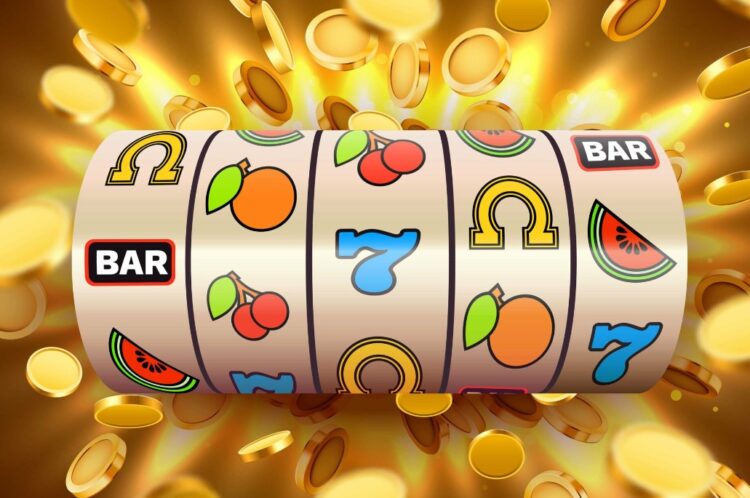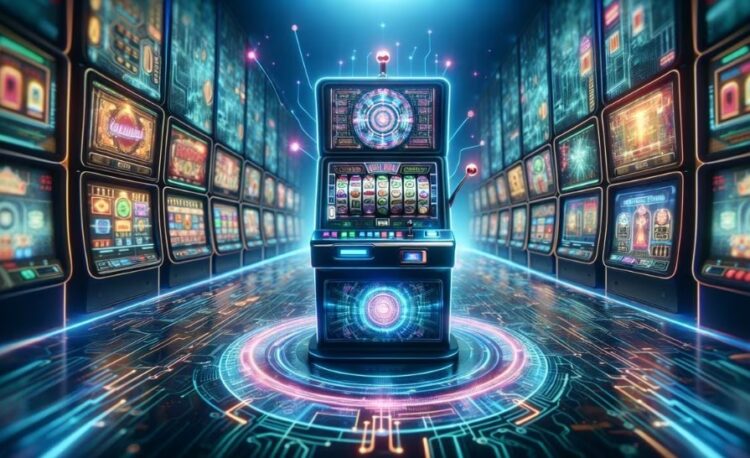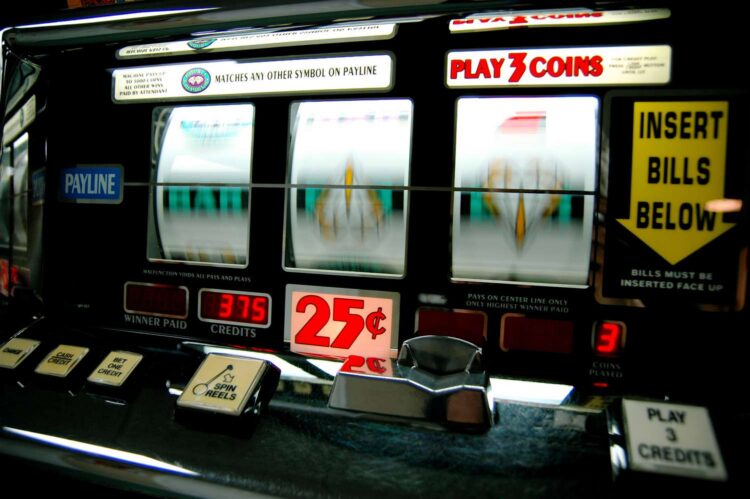When you sit down at a pokie machine, whether in a bustling casino or on your favorite online platform, you might feel the rush of excitement as the reels start spinning. The possibility of hitting a big win is what draws many players to these games, but there’s one crucial component that dictates every outcome—the Random Number Generator (RNG).
Despite the flashing lights, thrilling sounds, and even that enticing online pokies bonus you just activated, the truth is, the RNG doesn’t care about you or your potential win. It’s an impartial force that ensures each spin is as random as the last, leaving everything up to chance.
Table of Contents
The Basics of RNG
At the heart of every pokie machine is the Random Number Generator, or RNG. This piece of software is designed to generate random sequences of numbers that correspond to the symbols on the pokie’s reels. The RNG is constantly running, even when the machine is not in use, generating thousands of numbers per second. When you press the spin button, the RNG picks the number that determines the outcome of that spin.
The key to understanding RNG is recognizing that it’s entirely independent of any previous or future spins. Each spin is a completely isolated event with its outcome determined solely by the number generated at that exact moment. This randomness is what makes pokies both exciting and unpredictable, but it also means that there’s no way to influence the result or predict when a win might occur.

Debunking Common Myths
One of the most persistent myths surrounding pokies is the idea that certain machines are “due” for a win after a series of losses. Some players believe that if a machine hasn’t paid out in a while, it’s bound to hit a jackpot soon. This misconception is rooted in the gambler’s fallacy, the erroneous belief that past events can influence future outcomes in a random process.
In reality, the RNG ensures that each spin is independent of the last. The machine doesn’t have a memory, and it doesn’t track how much it has paid out or how much you’ve wagered. Whether you’ve just won or lost, the odds of winning on the next spin remain exactly the same. This is why it’s impossible to predict when a win will happen, and why chasing losses or betting more in hopes of a big win is not a sound strategy.
Another myth is that certain times of day or specific days of the week are luckier for playing pokies. The idea that a machine might be more generous during off-peak hours or after a certain number of players have used it is simply not true. The RNG operates the same way at all times, ensuring that every spin is as random as the next, regardless of external factors.
The Role of RTP in Pokies
While the RNG determines the outcome of each spin, the Return to Player (RTP) percentage gives players a sense of what they can expect over the long term. RTP is the theoretical percentage of all wagered money that a pokie will pay back to players over time. For example, if a pokie has an RTP of 96%, it means that, on average, the machine will return $96 for every $100 wagered.
It’s important to note that RTP is calculated over millions of spins and doesn’t guarantee any specific result during a single session. The outcome of each spin is still governed by the RNG, meaning that while RTP provides a general idea of a machine’s generosity, it doesn’t affect the randomness of individual spins.
The house edge, which is the casino’s built-in profit margin, is the complement of the RTP. In the example above, a 96% RTP means the house edge is 4%, ensuring that over time, the casino will always make a profit. This is why it’s important for players to approach pokies with realistic expectations, understanding that while big wins are possible, the odds are always in favor of the house.

Volatility and How It Affects Your Game
Volatility, also known as variance, is another crucial concept in understanding how pokies work. Volatility refers to the level of risk associated with a particular pokie, determining how often and how much it pays out. High volatility pokies tend to offer larger payouts, but these wins are less frequent. Conversely, low volatility pokies provide smaller, more frequent payouts.
Understanding a pokie’s volatility can help you choose a game that suits your playing style and bankroll. If you’re willing to take more significant risks for the chance of a big win, high volatility pokies might appeal to you. However, if you prefer a steadier stream of smaller wins, low volatility pokies are the way to go. It’s essential to remember that regardless of volatility, the RNG ensures that each spin’s outcome is still entirely random.
Why Strategies Don’t Work
Given the RNG’s role in pokies, any strategy that claims to increase your chances of winning is essentially futile. Unlike games such as poker or blackjack, where skill and strategy can influence the outcome, pokies are purely based on chance. There’s no way to predict when the next big win will occur or to improve your odds of hitting a jackpot.
Some players believe in “hot” and “cold” streaks, adjusting their bets based on the idea that a machine might be in a winning or losing phase. However, since the RNG ensures that each spin is independent, these streaks are merely coincidental. Betting more during a perceived hot streak or stopping after a loss won’t change the underlying odds or the random nature of the game.
The best approach to playing pokies is to enjoy them for what they are—games of chance. Set a budget, stick to it, and remember that any money you win is a bonus, not an expectation. The most important thing is to have fun and gamble responsibly, knowing that the RNG is always in control.

The Illusion of Control
One of the reasons pokies are so addictive is the illusion of control they offer. Players often feel that they have some influence over the outcome by pressing the button at just the right moment or by making certain choices during the game. This feeling of control is reinforced by the sensory experience of playing pokies—the lights, sounds, and animations that create an engaging and immersive environment.
